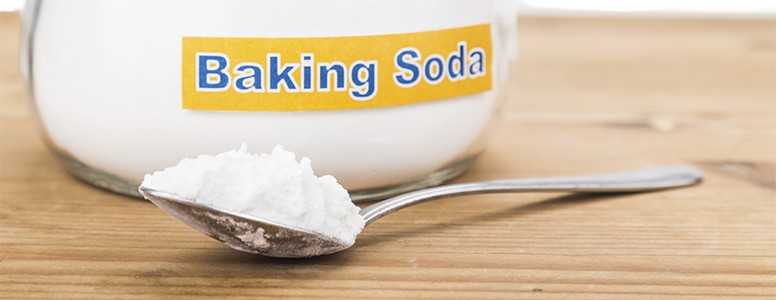Patients with diabetic ketoacidosis (DKA) are more likely to develop a rare fungal infection called mucormycosis, but treatment with baking soda could prevent the infection from spreading, research suggests.
DKA occurs when a person’s blood glucose levels climb too high and the body starts running out of insulin. It is a short-term complication which can lead to coma or even death if not treated quickly.
In this new study, researchers identified the processes in DKA that promote the growth of mucormycosis. They found that cells known as phagocytes are suppressed during DKA and struggle to carry out their normal job of tackling invading microorganisms. Fungal cell proteins called CotH then bind to the GRP78 cell receptor, and this leads to the development of mucormycosis.
Patients with DKA also have elevated glucose, iron and ketone bones, which enhances the expression of cell invasion and damage to host tissues.
After analysing disease models, the researchers observed that sodium bicarbonate, or baking soda, reversed many of the effects that promote infection and progression of mucormycosis.
Because of the elevated iron levels found in DKA patients, the study team suggest that the use of iron chelatio, in conjunction with sodium bicarbonate treatment, could prevent mucormycosis infections in DKA.
Lead author Ashraf S. Ibrahim, PhD, Los Angeles Biomedical Research Institute, said: “The current guidelines for correcting acidosis of DKA patients doesn’t indicate using sodium bicarbonate until the acidosis is severe.
“Our data strongly suggest that DKA patients suspected of having mucormycosis would benefit from adding sodium bicarbonate to the treatment regimen – regardless of whether they have severe acidosis or not – because sodium bicarbonate is likely to halt the growth of the fungus.”
The researchers have called for well-designed clinical trials involving patients with DKA and mucormycosis infections to test their findings.
The study appears in the Journal of Clinical Investigation.
What's new on the forum? ⭐️
Get our free newsletters
Stay up to date with the latest news, research and breakthroughs.




